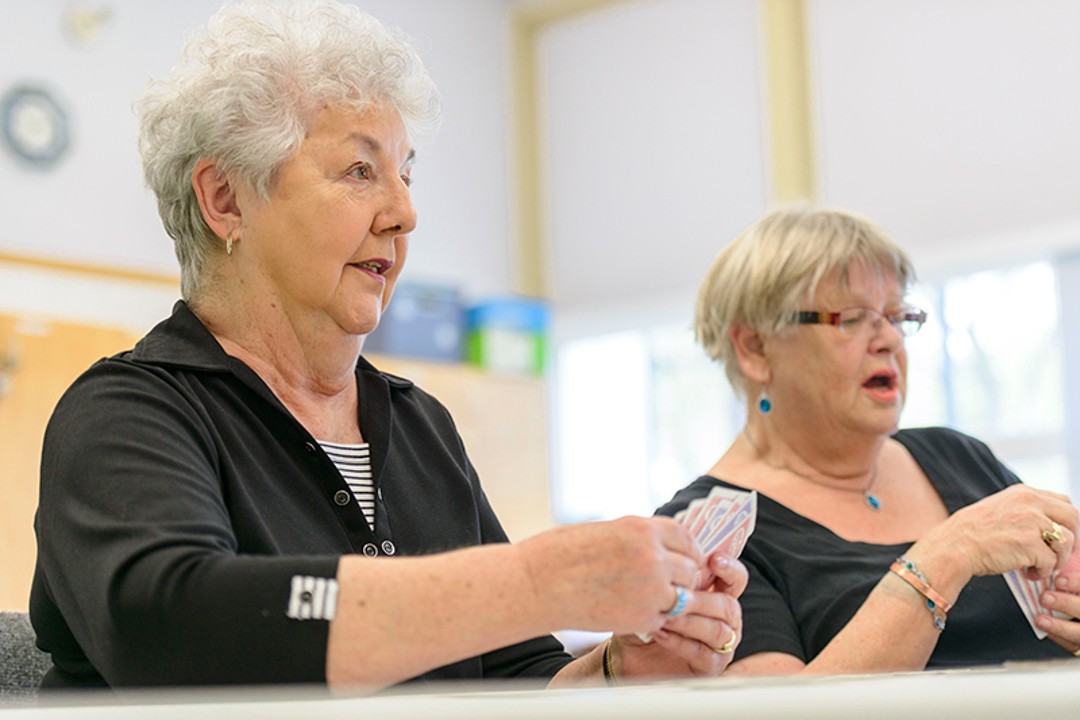The Edmonton Seniors Coordinating Council is partnering with medical professionals to help the city's seniors keep living in their homes rather than in long-term care facilities.
The council's Edmonton Age Friendly Alliance — a recent merging of two projects — is recruiting pharmacists, physiotherapists, family physicians, and nurse practitioners who can help connect seniors to services that can improve their lives as well as their health.
The idea behind it all is called social prescribing. At doctor appointments, older adults often bring up nonmedical concerns like, for example, precarious housing or insufficient nutrition, executive director Sheila Hallett told Taproot.
"(With) those type of issues, (medical professionals) always would look to (the) community and try and figure out, 'Where can I send this person? They need rides, they need better housing, they need (to address) those social determinants of health,'" she said. "So this social prescribing provides a pathway for healthcare providers to connect someone who needs these nonmedical things into (the) community."
With social prescribing, the health care practitioner writes a prescription — but rather than medicine, it prescribes the patient to link up with a worker who can help them understand what they need and where to get help. That help could be setting the senior up with Meals on Wheels or finding ways to avoid eviction. These connections can help keep seniors living in their homes and communities as long as possible, as opposed to becoming isolated in a long-term care facility.
That, in turn, benefits the rest of the community, Hallett said. "The amount of knowledge that people hold from experience over the years — we look at things like growing gardens, how to preserve food, how to survive through droughts, how to really make do with what you have, those are the type of things that we forget. People who are in their 80s now have gone through a lot in their life that is valuable life experience that can be shared."
The alliance will also advocate for policy changes to help prevent seniors from needing to move into long-term care facilities, Hallett said.
On this front, Hallett lobbied a city council committee on April 8 for the city to create an assisted snow-clearing program for seniors. "It's the things like the snow removal, the yard help, the minor home repair, the housekeeping, the personal care, the moving support, the meals, the assisted rides, all of those things are what can make a difference for someone when they're aging in their own home," she told Taproot. The city is going to pilot a program next winter.
The seniors council is holding a Senior Sector Solutions Lab on April 29 with Shaun Loney, a Winnipegger who has helped found social enterprises in eight cities and three First Nations. Cheryl Newton-Skirrow, evaluation facilitator at the council, said participants will be encouraged to think outside the box to find ways to improve the lives of seniors.
"We've gotten in (the) habit of only looking at ways that the not-for-profit sector can do things in a really limited kind of scope. But there's another movement across the globe for social innovation and social entrepreneurship, and looking at various ways of using community resources differently," Newton-Skirrow said.
Correction: This story has been updated to correct what issues health care practitioners can address with social prescribing.

